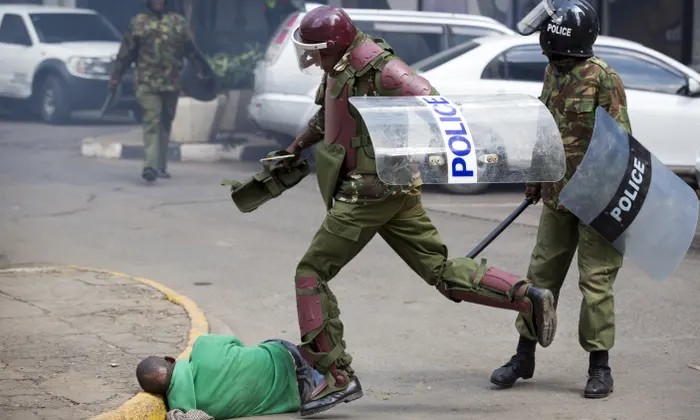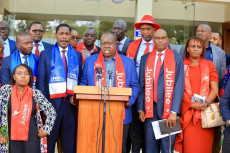- Arbitrary arrests and physical assaults not only violate people's rights but also threaten the rule of law in a democratic society.
Police harassment is a deeply troubling issue in any society, and Kenya is no exception. Reports of police harassing Kenyans have raised concerns about citizens' rights and the accountability of law enforcement agencies.
Effective policing is built on trust, but when citizens experience harassment instead of protection, it erodes that trust.
Communities should feel safe when law enforcement is present, but when those assigned to maintain safety become a source of terror, a hostile environment is created.
Arbitrary arrests and physical assaults not only violate people's rights but also threaten the rule of law in a democratic society.
Police harassment often intersects with social and economic factors, disproportionately affecting vulnerable populations. Low-income communities, with limited resources for legal recourse, bear the brunt of such actions.
Read More
This exacerbates existing social inequalities and perpetuates a cycle of distrust between marginalized communities and the police.
Addressing police harassment requires a comprehensive strategy. Firstly, accountability and openness within law enforcement organizations are crucial.
Fair and unbiased investigations must hold officers accountable for their actions when they are found to be harassing others.
Additionally, establishing channels for residents to report wrongdoing without fear of retaliation is essential to fostering a culture that values accountability.
Emphasizing community policing, cultural sensitivity, and conflict resolution skills can help build positive relationships between the police and the public.
Encouraging initiatives that promote human rights education within the police force can contribute to a more rights-conscious approach to their daily duties.
Civil society plays a vital role in advocating for change. Non-governmental organizations, community leaders, and concerned citizens can raise awareness about police harassment, push for policy reforms, and provide support to victims.
Public dialogue fosters understanding and collaboration between the community and law enforcement.








